Smoky, Spicy, and Totally Addictive: Inside the World of San Marcos Chipotle Peppers
Are you ready to take your taste buds on a flavorful journey? Let’s dive into one of the most iconic players in the global spice scene — the San Marcos Chipotle Pepper. Whether you’re a hardcore chilihead or just dipping your toe into the world of smoky heat, this little pepper packs a punch and a story.
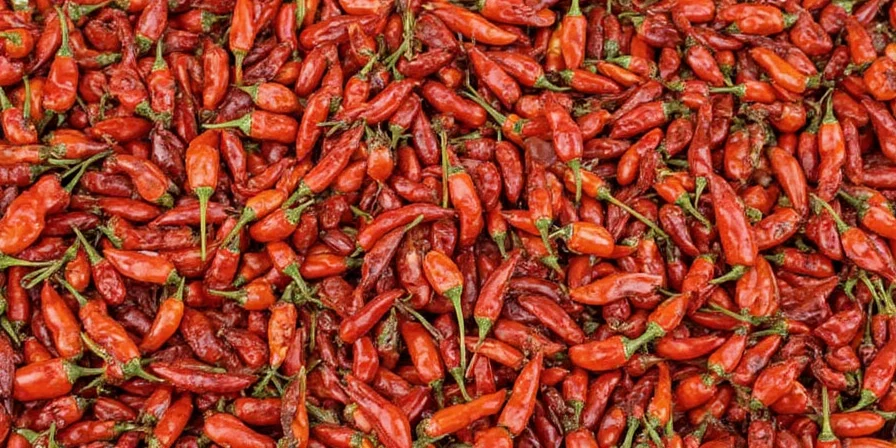
Table of Contents
- What Exactly Is a San Marcos Chipotle Pepper?
- How San Marcos Fits Into Global Spice Traditions
- Heat Level & Flavor Profile: What You Need to Know
- 5 Practical Tips for Cooking with San Marcos Chipotle Peppers
- Where to Buy and How to Store Them Like a Pro
- A Dash of History: From Smoke to Superstar
- Health Benefits You Didn’t Know You Were Getting
- Ready for the Spicy Challenge? Test Your Tolerance!
- Final Thoughts: Why This Pepper Deserves a Spot in Your Spice Rack
What Exactly Is a San Marcos Chipotle Pepper?
First things first — let’s clarify what we’re talking about. The San Marcos Chipotle Pepper is not just any jalapeño left to dry in the sun. No, no, no. These bad boys are carefully smoked and dried jalapeños from the San Marcos region in Mexico, known for their rich volcanic soil and ideal climate.
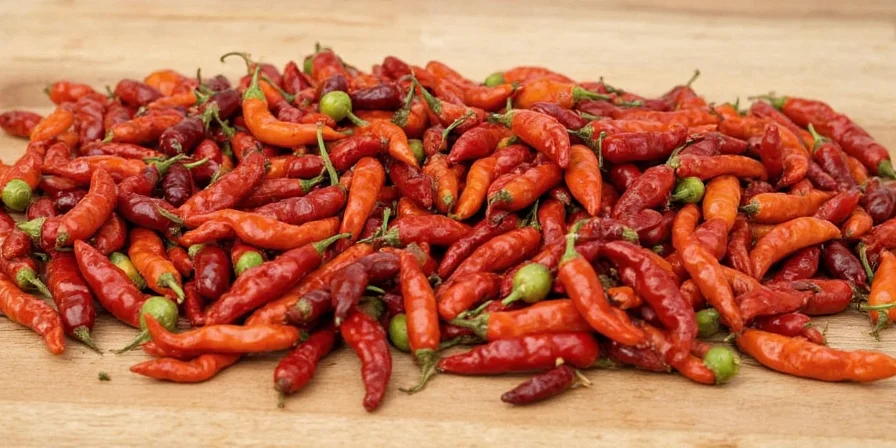
So while regular chipotles come from jalapeños that have been smoked and dried, San Marcos ones get an extra touch of terroir magic. They’re deeper in flavor, more complex in aroma, and offer a uniquely balanced heat profile that makes them stand out among other chipotle varieties.
How San Marcos Fits Into Global Spice Traditions
The beauty of spices lies in how they transcend borders while holding deep roots in local traditions. In the context of Global Spice Traditions, San Marcos chipotles represent the intersection of ancient Mexican drying and smoking techniques with modern culinary creativity around the world.
| Region | Signature Spice Technique | Connection to San Marcos Chipotles |
|---|---|---|
| Mexico | Smoke-drying chilies | Original birthplace of chipotle tradition |
| Texas | Chipotle BBQ sauces | Modern fusion using San Marcos peppers |
| Korea | Fermentation and spice blends | Inspires chipotle gochujang hybrids |
Whether it's a mole sauce in Oaxaca or a spicy aioli in Berlin, these peppers are making waves far beyond their Mexican homeland.
Heat Level & Flavor Profile: What You Need to Know
Curious about the Scoville scale rating? San Marcos chipotle peppers generally fall between 2,500 to 8,000 SHU (Scoville Heat Units), placing them firmly in the medium-heat category. But here’s the kicker — their true charm isn’t just the heat, it’s the smoke-kissed depth that lingers long after the initial bite.

- Flavor Notes: Smoked wood, earthy undertones, slight sweetness
- Mouth Feel: Dry at first, then builds slowly like a campfire flame
- Paring Tip: Balance with citrus, avocado, or dairy-based sauces
5 Practical Tips for Cooking with San Marcos Chipotle Peppers
- Rinse Before Use: Removes excess ash and softens intensity slightly.
- Rehydrate First: Soak in warm water or broth for 15–30 minutes before cooking for best texture.
- Don’t Overdo It: A little goes a long way — especially when grinding into powder.
- Blend with Companions: Combine with garlic, cumin, and lime for killer rubs or marinades.
- Use in Unexpected Dishes: Try adding to soups, dressings, or even desserts for a spicy twist.
- Best Sources: Specialty Latin markets, gourmet spice shops, or online retailers with traceable origins.
- Look For: Uniform color (dark reddish-brown), firm texture, strong smoky aroma.
- Storage Tips: Keep in airtight containers away from light and moisture. Ground chipotle lasts up to 6 months; whole peppers can last over a year if stored properly.
- Capsaicin Boost: Natural metabolism booster that may aid weight management.
- Anti-Inflammatory: Capsaicin has shown anti-inflammatory properties in various studies.
- Rich in Vitamins: Loaded with vitamins A and C, supporting immune function.
- Digestive Aid: Spices like chipotle can stimulate digestion and reduce bloating.
- Eat one rehydrated San Marcos chipotle plain.
- Note how long it takes for the burn to hit and where you feel it (tongue? throat? forehead?).
- Pair it with milk, bread, or yogurt to test relief methods.
- Rate your experience from 1–10 and compare with friends!
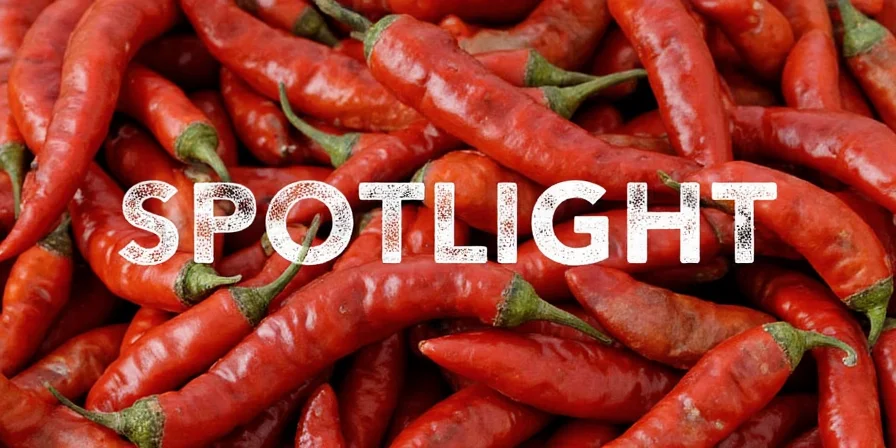
Where to Buy and How to Store Them Like a Pro
While you can sometimes find fresh chipotles in markets, San Marcos varieties are usually sold dried or in adobo sauce. Here’s where to snag them and how to keep them fresh:
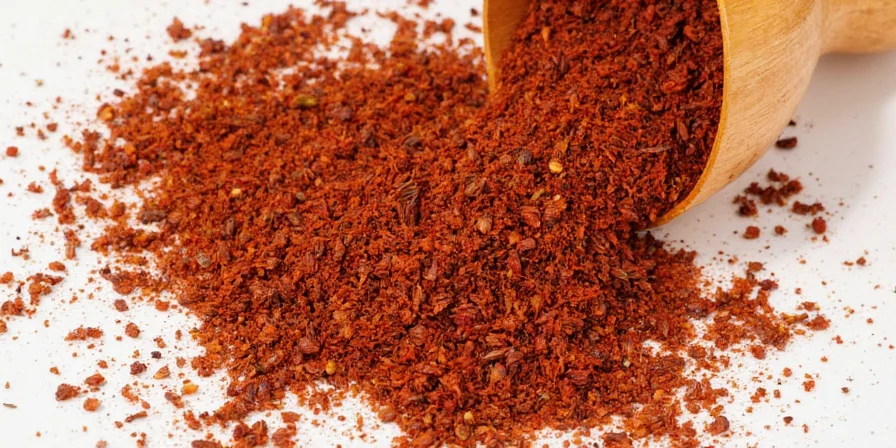
A Dash of History: From Smoke to Superstar
Long before “smoked flavor” became a supermarket buzzword, the Aztecs were already harnessing fire and air to preserve and enhance their chilies. Chipotle, which literally means “smoked chili” in Nahuatl, was born from necessity but perfected through generations.
The San Marcos region became renowned for its microclimate, offering perfect conditions for slow-smoking without compromising the flesh’s pliability. Today, thanks to globalization and foodie culture, San Marcos chipotles are celebrated not just as regional treasures, but as global flavor enhancers.
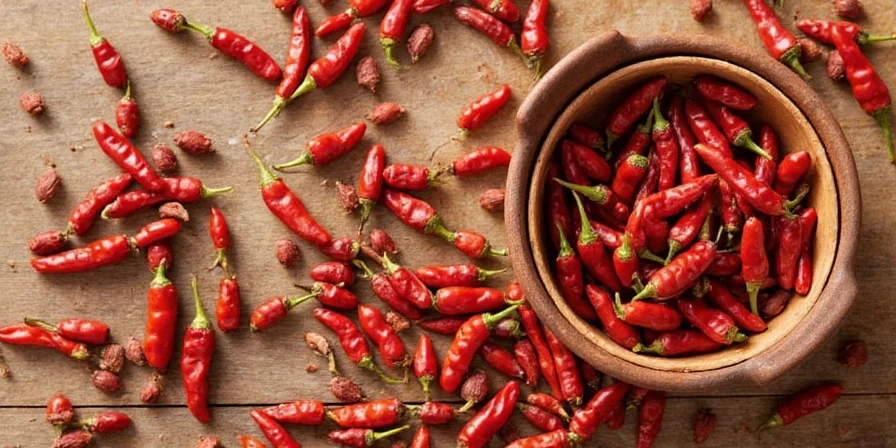
Health Benefits You Didn’t Know You Were Getting
Spice lovers, rejoice! Beyond flavor, San Marcos chipotle peppers bring some serious health perks to the table:
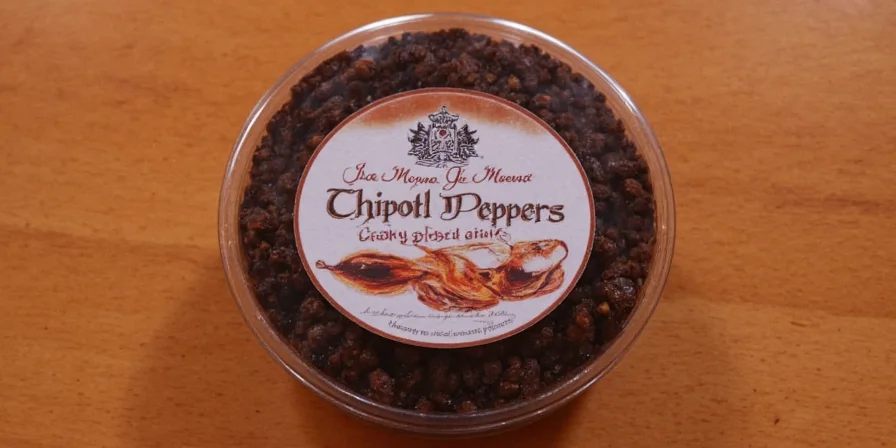
Ready for the Spicy Challenge? Test Your Tolerance!
If you’ve ever wondered how your spice tolerance stacks up, try this fun experiment:
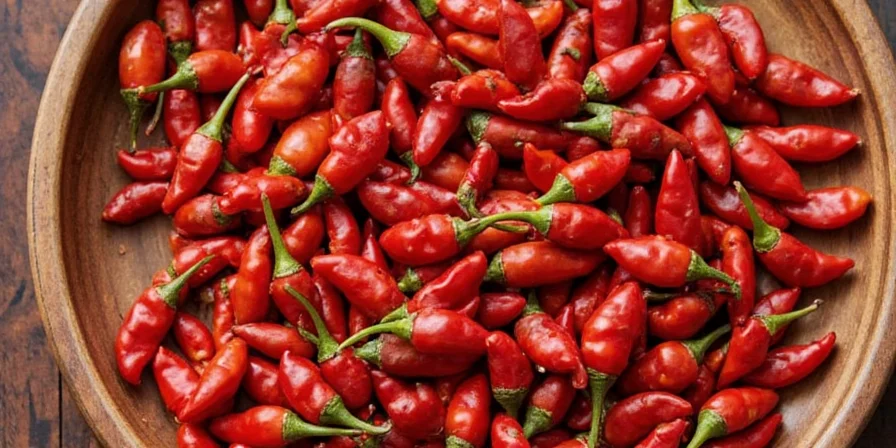
Final Thoughts: Why This Pepper Deserves a Spot in Your Spice Rack
At the end of the day, the San Marcos Chipotle Pepper isn’t just another chili — it’s a cultural ambassador of flavor, history, and culinary versatility. Whether you’re simmering up a traditional mole or jazzing up your morning eggs, this pepper brings more than heat. It brings soul.
So next time you reach for that bottle of generic chili flakes, pause and ask yourself: Are you settling for bland when you could be savoring something bold, smoky, and steeped in centuries of spice tradition?
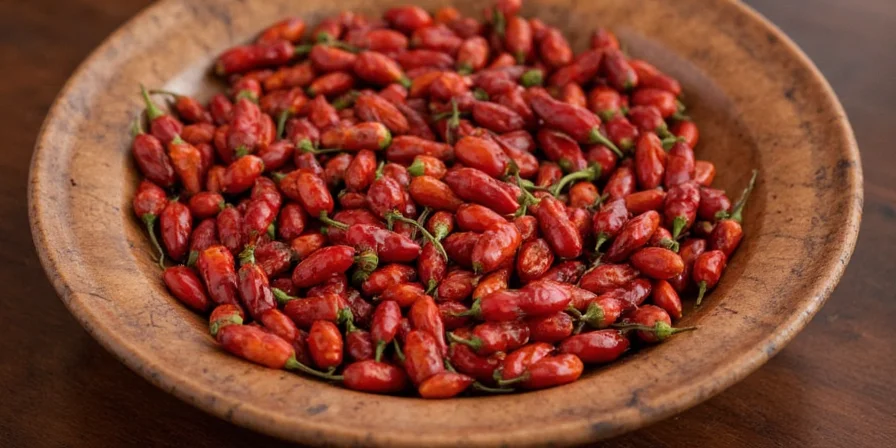
Let the smoke rise and the flavor flow — your kitchen will thank you.

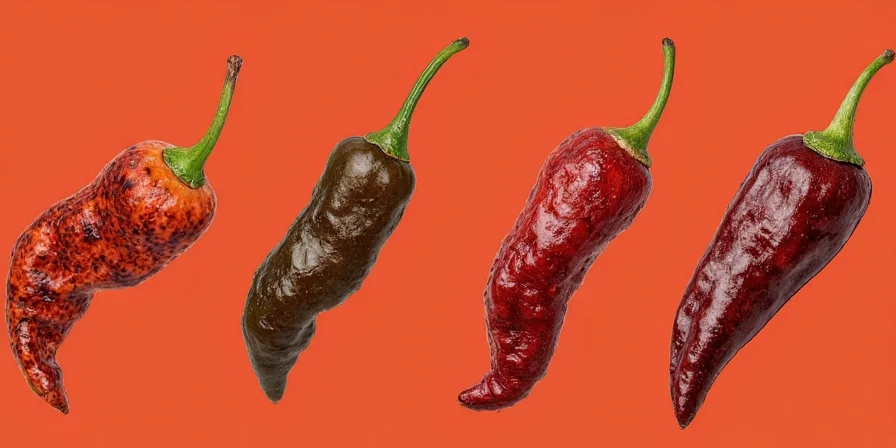









 浙公网安备
33010002000092号
浙公网安备
33010002000092号 浙B2-20120091-4
浙B2-20120091-4